The nuclear dimension has been a key aspect of the Russo-Ukrainian War since its onset in February 2014. Behavior in this war, not just of Moscow and Kyiv but of other states as well, has been conditioned by Russia’s possession and Ukraine’s lack of weapons of mass destruction. Russia holds the world’s largest arsenal of nuclear warheads, while Ukraine has no weapons of mass destruction (WMD).
Since 2014, Moscow has repeatedly reminded the world of its destructive nuclear power. In November 2024, the Kremlin publicly amended Russia’s military doctrine, lowering the threshold for the use of nuclear weapons to make its nuclear threats more credible. In contrast, Kyiv agreed in 1994 to give up its inherited Soviet-era atomic arms and all related delivery systems in exchange for promises from the U.S., U.K., France, Russia, and China never to attack or threaten Ukraine (under the Budapest Memorandum), leaving it without nuclear deterrence capability today.
This situation is oddly legitimized, supported, and protected by international law. The Nuclear Non-Proliferation Treaty (NPT) allows Russia, as an official nuclear-weapon state, to possess nuclear weapons. The NPT also explicitly forbids Ukraine, as a non-nuclear weapon state, from doing the same. Ukraine’s non-atomic allies are similarly bound by the NPT to remain conventional military powers in supporting Ukraine.
Having already defied international law and the Helsinki Final Act with its territorial expansions into Moldova, Georgia, and Ukraine, Moscow is further undermining the logic of the non-proliferation regime and the letter of the NPT with its nuclear posturing.
The NPT’s preamble prescribes that "States must refrain in their international relations from the threat or use of force against the territorial integrity or political independence of any State." In particular, the use or threat of force by a nuclear-weapon state against a non-nuclear-weapon state is inadmissible. Russia further made a promise, under the NPT acquis, to refrain from the threat or use of force against Ukraine in exchange for joining the treaty as a non-nuclear-weapon state.
The logic of nuclear non-proliferation is now further under attack through North Korea’s involvement in the Russo-Ukrainian War.
Since 2023, Russia has increasingly relied on North Korea, a state that violated the NPT in order to build its own atomic arsenal, in its assault on Ukraine. After already supplying military equipment and ammunition, Pyongyang deepened its collaboration with Moscow in the fall of 2024 by sending regular troops to fight against Ukraine. These North Korean military units have engaged in direct combat with Ukrainian forces and suffered significant casualties. North Korea’s involvement is expanding the war’s scope into a global conflagration.
North Korea violated and then withdrew from the NPT in 2003, long before it entered a European war. Subsequent to its departure, Pyongyang revealed its nuclear weapon program, and it has since freely developed and tested atomic arms and their delivery systems. In fact, North Korea had already violated the NPT while still a party to the Treaty, flouting international consequences, including UN sanctions. Today, North Korea is one of four nuclear-weapon states outside the NPT, along with India, Pakistan, and Israel.
Nonetheless, North Korea’s change in status in 2003 does not diminish the importance of its participation, through weapon deliveries and the deployment of thousands of troops, in Russia’s war on Ukraine. Neither Moscow’s initiation of hostilities in 2014 nor Pyongyang’s full entry into the war 10 years later has lessened the NPT’s absolute restriction on Ukraine’s ability to seek nuclear deterrence. By observing the NPT, Ukraine is now disadvantaged in the face of two nuclear-armed states: Russia, an official nuclear-weapon state, and North Korea, a de facto nuclear-weapon state outside the NPT.
By observing the NPT, Ukraine is now disadvantaged in the face of two nuclear-armed states.
This novel situation puts even more pressure on the purpose of the NPT than was already the case during the bilateral phase of the Russo-Ukrainian War from 2014 to 2023. Treaty implementation by Ukraine and its non-nuclear allies now puts them at risk with Russia, one of the NPT’s official nuclear-weapon states, while restricting their maneuvering room in relation to the war waged against Ukraine by North Korea. Ukraine is being attacked by nuclear-armed states with different legal statuses and losing its internationally recognized state territory to an official nuclear-weapon state, with no recourse in the context of the NPT to address this unprecedented situation.
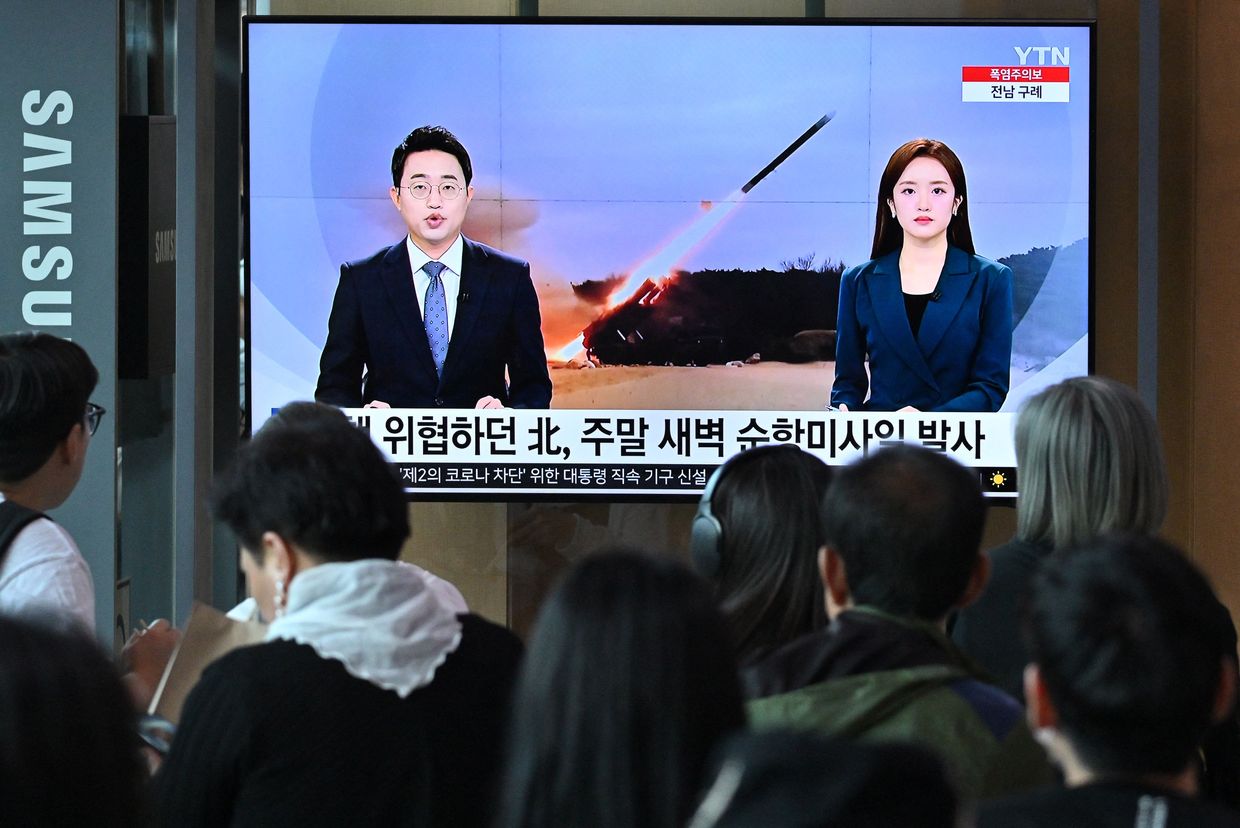
North Korea’s violation of and absence from the non-proliferation regime as well as possession of atomic arms have given it freedom of international action. The Russian-North Korean alliance further undermines the NPT by showing that nuclearization need not have consequences and can even result in more security benefits. This lesson is surely being studied closely in capitals such as Seoul, Taipei, and Tokyo. In contrast, Ukraine’s observance of the NPT limits its ability to defend itself against Russia and North Korea, within the right of states to defend themselves as defined under Article 51 of the United Nations Charter.
North Korea’s new relationship with Russia also touches on other Russian obligations under the NPT. In June 2024, Russian President Vladimir Putin and North Korean leader Kim Jong Un signed a Comprehensive Strategic Partnership Treaty, which entered into force in December 2024. It includes a promise to defend each other in case of an armed attack, which could involve the use of nuclear weapons by either Russia or North Korea. Both sides also committed to opposing "the application of unilateral compulsory measures including those that assume extraterritorial nature" and Russia pledged to support North Korean interests in “the United Nations and its specialized agencies,” which includes the International Atomic Energy Agency.
The Institute for the Study of War has described the new situation in this way: “...Russia has abandoned its past opposition to North Korea’s nuclear program. It vetoed a UN resolution to tighten sanctions on North Korea in 2022 and another resolution to extend the mandate of the UN sanctions monitoring committee on North Korea in 2024, effectively ending UN sanctions compliance monitoring.”
Although still officially a nuclear-weapon state, Russia no longer upholds sanctions on North Korea that it had introduced as a permanent member of the UN Security Council in response to, among others, North Korea’s development of nuclear weapons outside the NPT. Instead, Moscow has legitimized Pyongyang’s right to possess nuclear weapons.
Russia’s Foreign Minister, Sergei Lavrov, said in September 2024 that "applying the term ‘denuclearization’ to (the) DPRK (Democratic People’s Republic of Korea) no longer makes any sense. For us, this is off the table."
The nuclear non-proliferation regime emerged with the entry into force of the NPT in 1970. It has since drawn its legitimacy from being an all-encompassing agreement of today 191 states aimed at preventing nuclear war and proliferation, while also ensuring that nuclear-weapon states do not use or threaten to use atomic arms against non-nuclear-weapon states in good standing with their NPT obligations.
Since 2014, however, the NPT has inadvertently provided cover for Russia, an NPT-defined nuclear-weapon state and permanent member of the UN Security Council, to carry out expansionist and genocidal policies against Ukraine, an official non-nuclear-weapon state. Since 2023, moreover, the NPT has put the signatory states Ukraine and its non-nuclear allies in a disadvantageous position vis-a-vis Russia’s nuclear-armed ally North Korea.
The solution to this paradoxical situation is that all NPT signatory states interested in a continuation of the non-proliferation regime should provide Kyiv with as much as possible conventional military and non-military help in order to enable the Ukrainian armed forces to repel Russia’s and North Korea’s attack on the logic of the Nuclear Non-Proliferation Treaty.
Editor’s Note: This article is based on a longer Stockholm Centre for Eastern European Studies (SCEEUS) commentary. The opinions expressed in the op-ed section are those of the authors and do not necessarily reflect the views of the Kyiv Independent.
Peace in Ukraine must look like Korea, not Vichy
Peace is an attractive, yet elusive, concept. It can mean different things to different people at different times. Ukraine is a case in point. The quest for peace could yield either of two fundamentally different outcomes: a Vichy-style capitulation, perhaps with an interim ceasefire that buys Russi…

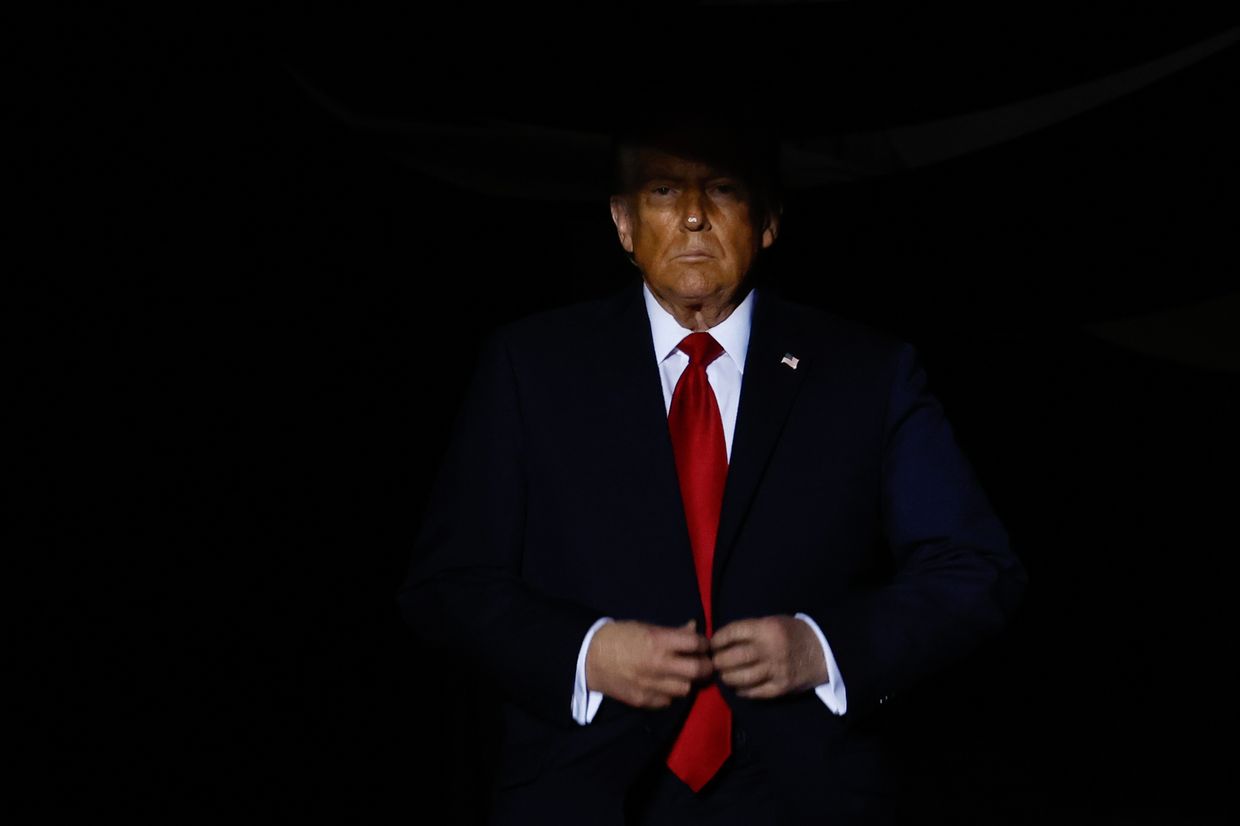
.png)
 German (DE)
German (DE)  English (US)
English (US)  Spanish (ES)
Spanish (ES)  French (FR)
French (FR)  Hindi (IN)
Hindi (IN)  Italian (IT)
Italian (IT)  Russian (RU)
Russian (RU)  5 hours ago
3
5 hours ago
3
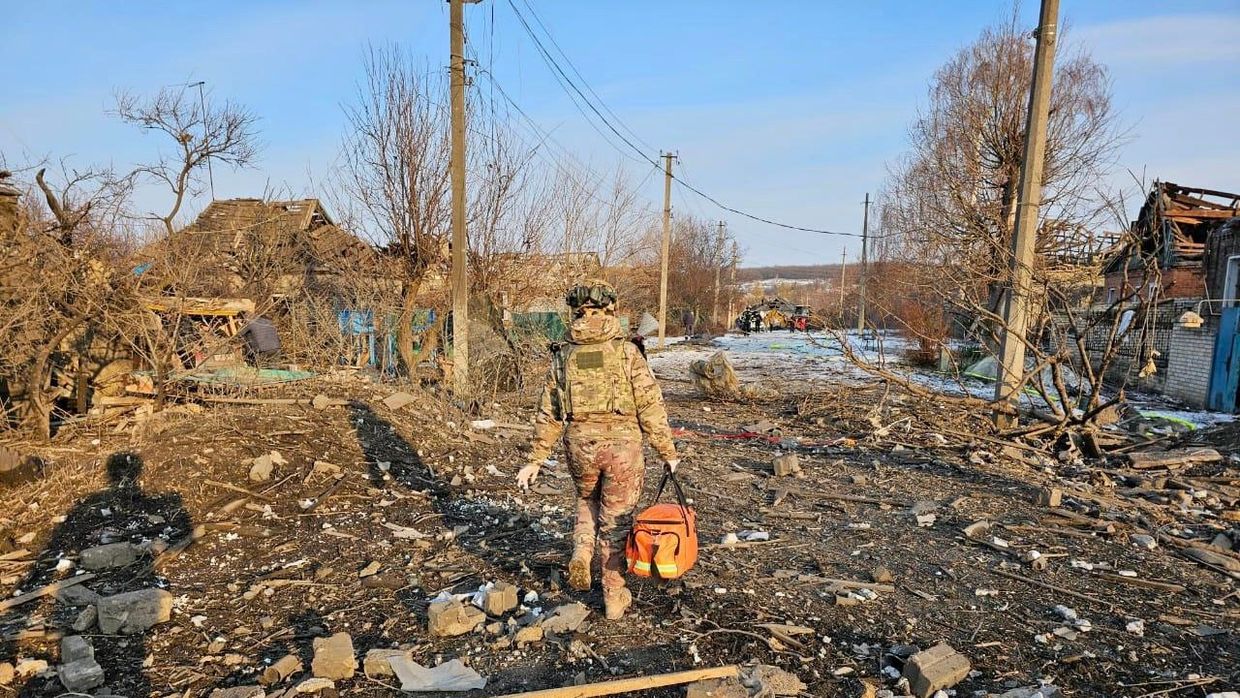
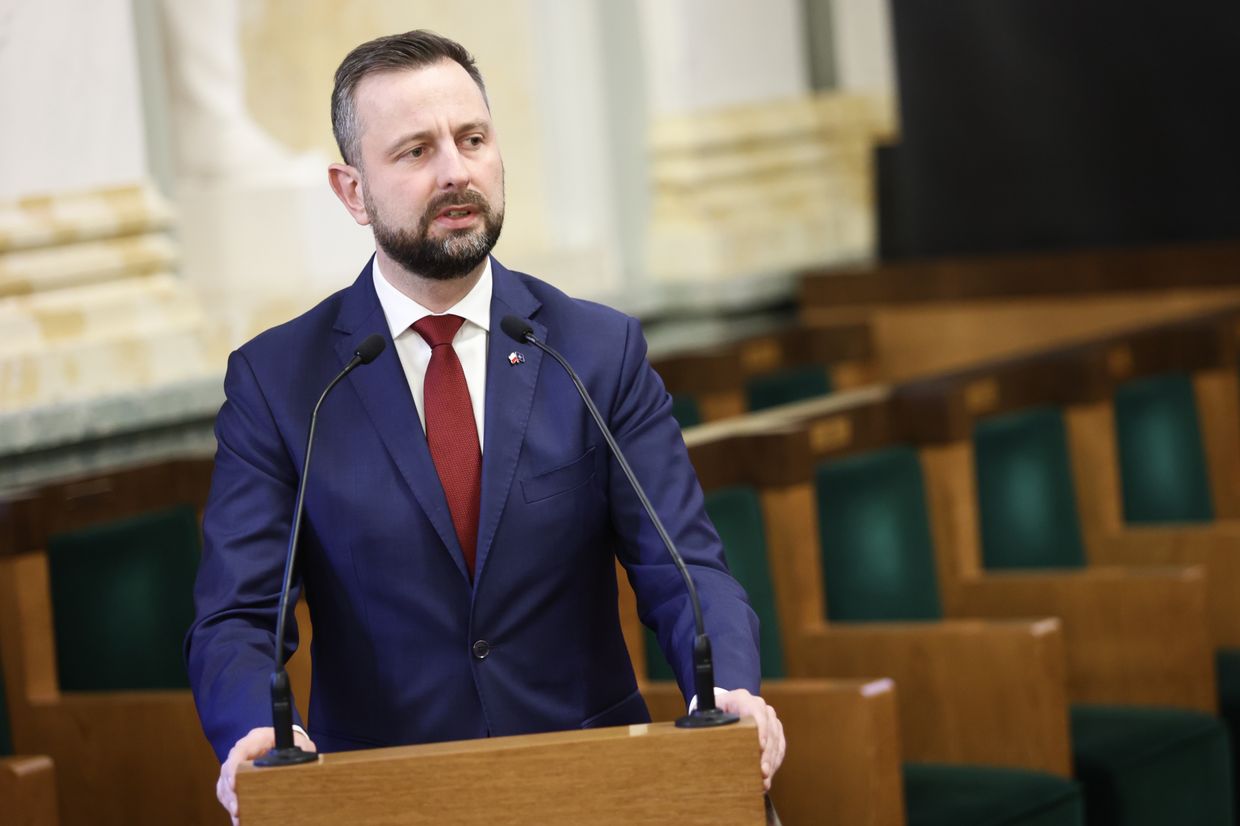

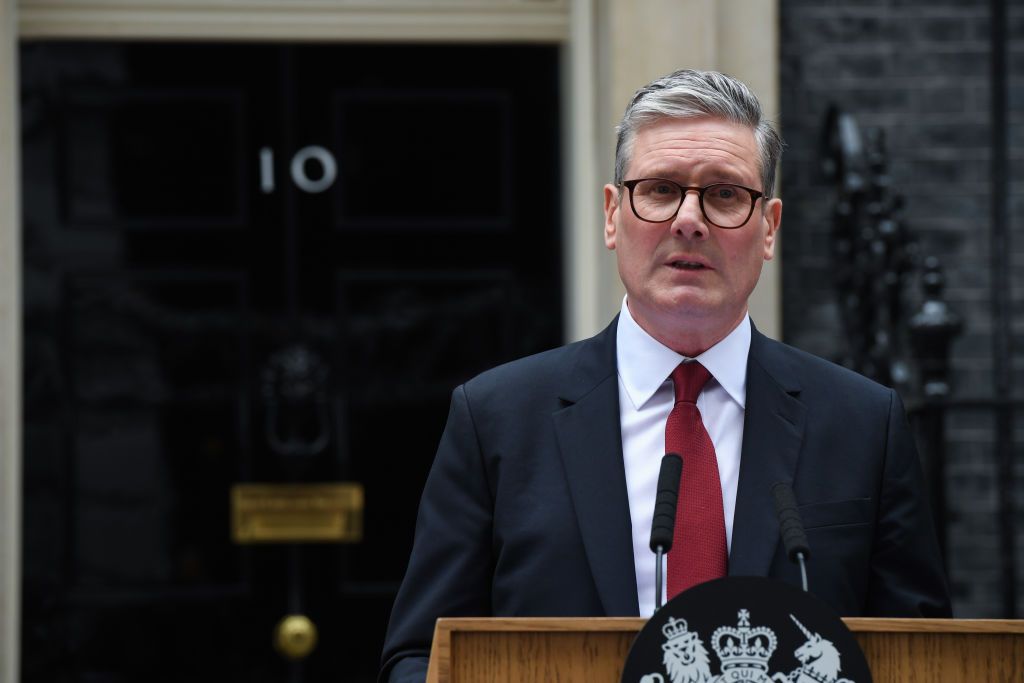

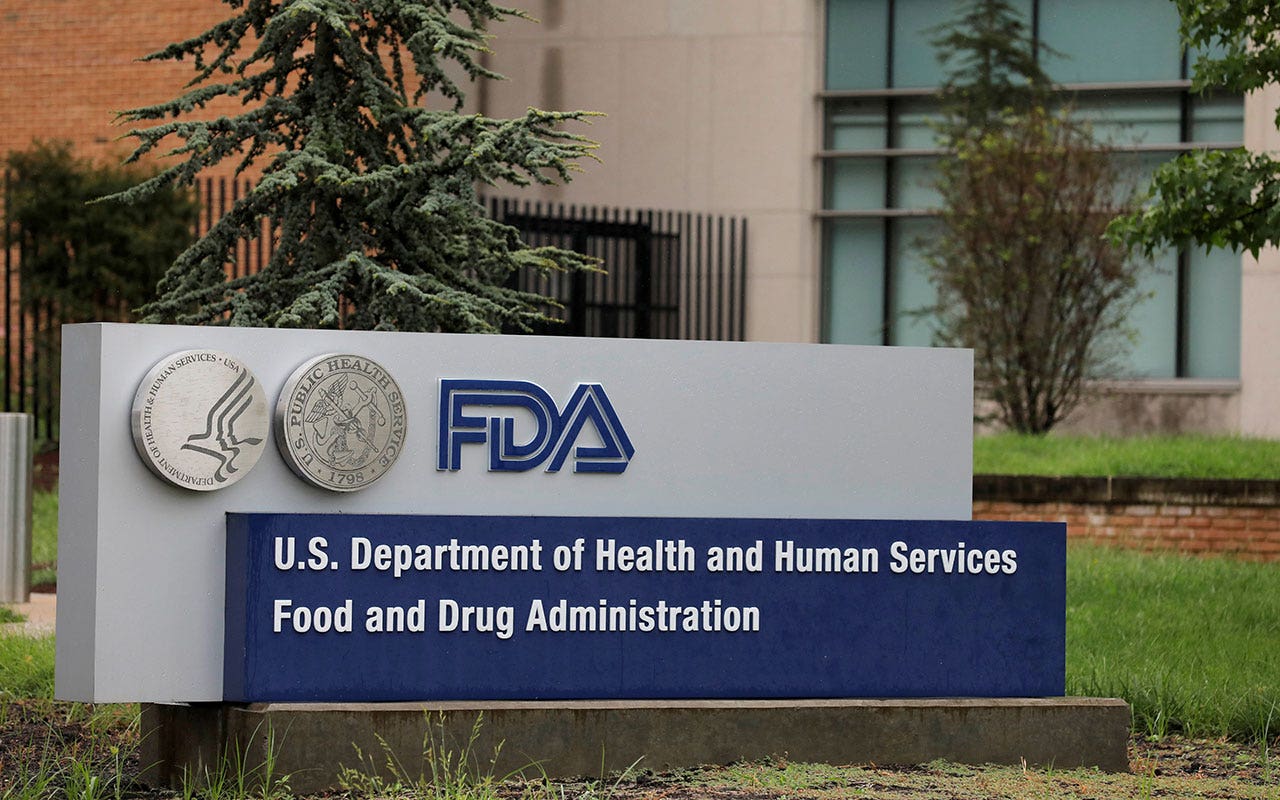

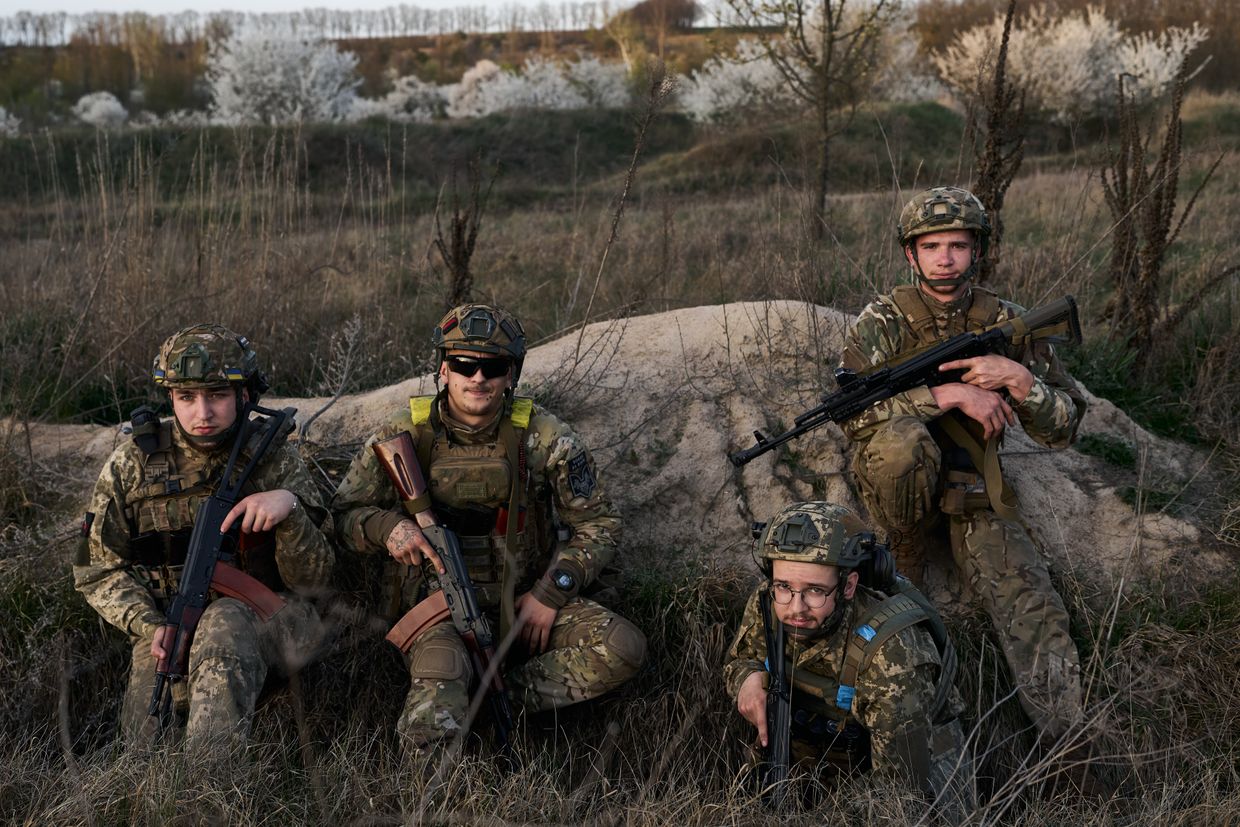

Comments